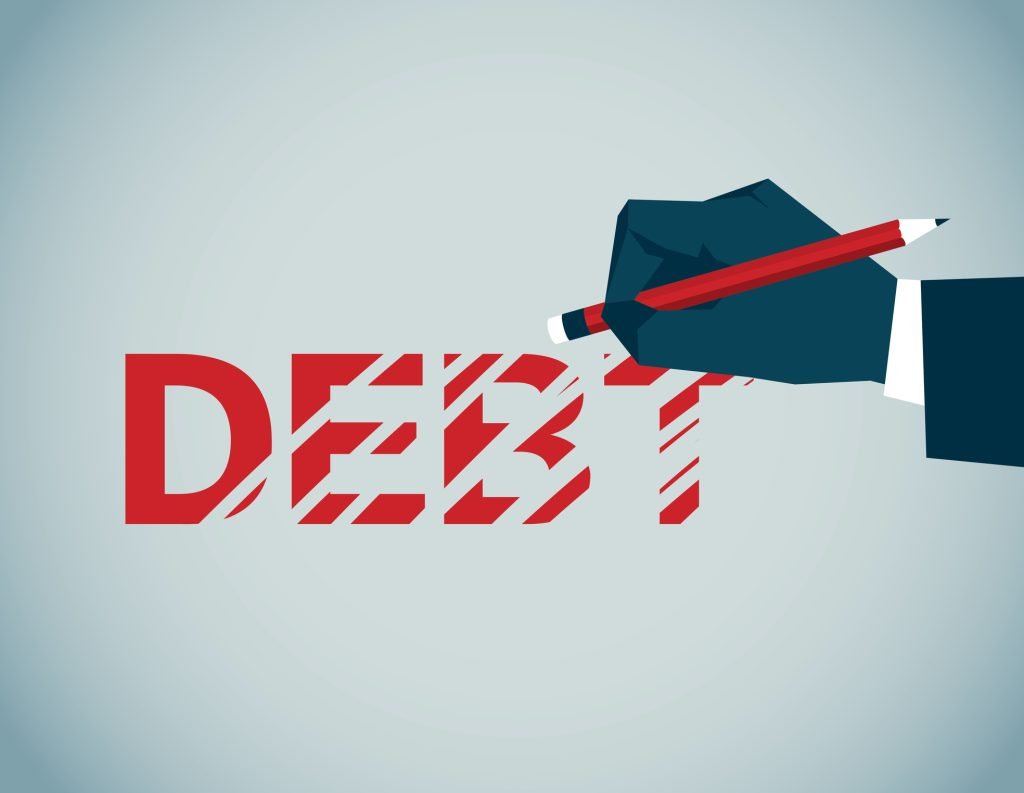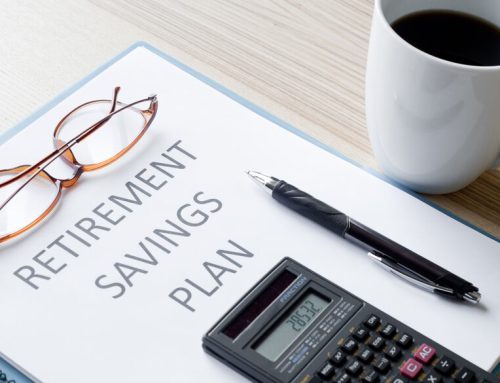
The unfortunate reality is that many Americans are now headed into retirement with some amount of debt.[1] In 2016, almost 61% of Americans were moving into the retirement stage of their life with unpaid debt.[1] And while you may think that your expenses will decrease once you retire, that isn’t always the case.[1] Sometimes, your expenses will stay the same, and other times, your expenses will go up. Unfortunately, there’s no way to predict your month-to-month costs in retirement. You can estimate based on your current lifestyle and costs, but there is no magic number that will guarantee you are set for your entire retirement. That said, reducing your debt might help you better control your costs in retirement.
Watch Your Credit Cards
Keeping an eye on your credit card debt might be a good place to start. Given that credit cards tend to have very high rates of interest, if you are shouldering a big credit card debt, it might be a good idea to pay that down. Every situation is different, but if you face a lot of credit card debt, it’s possible that leaving that around will hurt you a lot in the long term because of how high the interest rates are. It’s also worth considering paying down student loans if they are at higher interest rates for the same reason.[1]
Consider the Pros and Cons of How Retirement Funds May Help Pay Off Debt
Another strategy to consider is to pay off your debt with some of your retirement funds. This option is not advisable for everyone and is highly dependent on your unique situation. It requires that you consider how much your debt will cost you against the value you will lose by taking the funds out of your retirement at once. It doesn’t mean that this is a bad option, but it can be a difficult process to calculate which decision is best for you.[1] In addition, an extra income stream from Social Security could help you pay down debt in retirement.
Regardless of your situation, it is important that you keep an eye on your debt as you approach retirement. How you manage your debt and the choices to handle it can be essential to setting up a retirement situation that works best for you.






